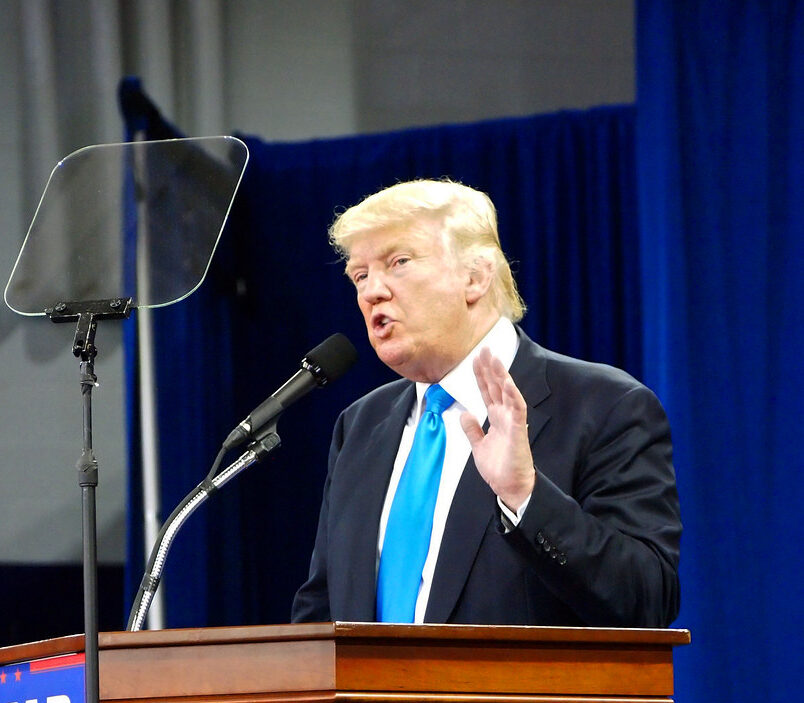Key takeaways
• President Trump ordered drone strikes on boats thought to carry illegal drugs.
•e Political analyst Richard Galant finds two “unprecedented features” in these attacks.
• Suspects on the boats face no due process.
• The U.S. offers no clear rules on how it chooses targets.
In a new essay, political analyst Richard Galant digs into President Trump’s international anti‐drug missions. He says these drone attacks on alleged trafficking boats remind him of tactics from the Hoover and Nixon eras. However, Galant points out two unprecedented features. First, the people on those boats get no chance at a fair trial. Second, no public rules show why specific boats become targets. In effect, Trump seems to wage a war at sea without ever declaring one. This article breaks down Galant’s main points and why they matter.
Unprecedented Aspects of Trump’s Drug Boat Strikes
First, Galant sees a clear pattern from past leaders who took extra authority during America’s “war on drugs.” Next, he shows how Trump’s actions go further than anything before. However, these “drug boat strikes” cross a legal and moral line by leaving out even basic legal protections. Furthermore, we still lack an explanation of how authorities pick targets in open waters.
No Due Process for Suspects
Galant writes that U.S. law usually gives suspected criminals a trial. By contrast, people on these boats face “judge, jury and executioner.” In other words, they have no legal review before drones fire. This lack of due process raises a big question: Are we treating them as enemies or criminals? If a U.S. citizen were in that boat, the Constitution guarantees a trial. Yet these people get none of that protection. This part makes the drug boat strikes feel like a battlefield kill list more than a law enforcement action.
No Clear Target Criteria
Next, Galant asks how the military picks which boats to strike. He says nobody offers a clear answer. Normally, law enforcement agents follow warrants or clear evidence. In this case, we hear only that boats “look suspicious” or “carry drugs.” However, we do not know who verifies that claim. We also do not know how many innocent people could be on board. This secrecy lets the government act with little oversight. As a result, families and the public cannot judge whether our military uses its power responsibly.
A War Without Declarations
In addition, Galant points out that Trump never formally declares war on drug traffickers. He instead calls it a “battle” or “campaign.” That makes it sound dramatic. Yet a true war would force the country to make hard choices. For example, a draft or major budget shifts. Here, the public sees only drone footage and official statements. We do not see extended congressional debate or economic shifts. So, Trump’s drug boat strikes look like a war only on the surface.
Historical Parallels
Galant draws a line from these attacks to actions under Presidents Hoover and Nixon. Hoover used secret orders to chase bootleggers. Nixon opened a vast surveillance program in the 1970s. Both men stretched their powers in the name of law enforcement. However, U.S. courts later limited those actions. For instance, Congress passed more laws to keep presidents in check. Galant warns that history could repeat if we do not set clear legal boundaries now.
Why It Matters
These two unprecedented features matter for basic rights. First, denying due process threatens civil liberties. Second, vague targeting rules make military power nearly limitless. People on both sides of the political aisle worry about executive overreach. In turn, the public aims to balance strong action on drugs with respect for law and human life.
What Comes Next
Moving forward, Congress could demand clear guidelines on drone strikes at sea. Courts might also step in to ensure basic rights for all people on the water. Meanwhile, the administration may defend these drug boat strikes as an urgent need. Citizens and watchdog groups will watch to see if transparency improves. In any case, Galant’s essay shines a light on actions that few Americans fully understand yet deeply affect our principles.
In the end, these drug boat strikes show how powerful tools can outpace the law. If unchecked, they could reshape the balance between safety and freedom. Only time will tell if new rules will curb this unchecked authority.
FAQs
What does due process mean for suspects on a boat?
Due process means a fair trial before punishment. In these strikes, suspects never face a judge or jury. They get no chance to defend themselves.
How do we know which boats become targets?
Right now, we don’t. The government has not shared clear criteria for picking boats. That lack of transparency worries many observers.
Can the president declare war on drug traffickers?
In theory, Congress holds war‐declaring power. Presidents may use military force without a formal war declaration. However, major conflicts usually require congressional approval.
What might change after Galant’s essay?
Lawmakers could push for rules on drone strikes at sea. Courts may also weigh in to protect basic rights. Public pressure might lead to clearer policies.
